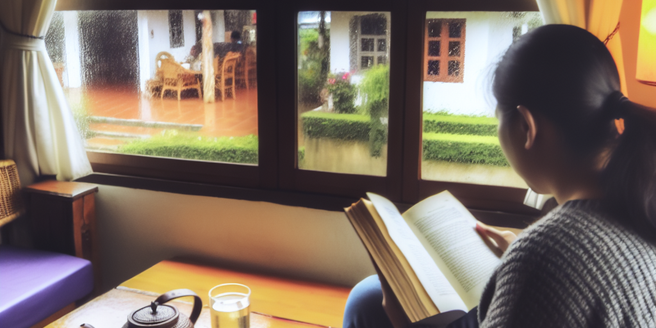
Understanding the Importance of Self-Care
Self-care is not just a luxury; it is a necessity for maintaining mental, emotional, and physical well-being. In a world that often prioritizes productivity over health, understanding the importance of self-care is crucial. It involves recognizing when you need a break, understanding your limits, and taking intentional actions to nurture yourself. Self-care can reduce stress, prevent burnout, and improve overall life satisfaction. It encourages you to listen to your body and mind, leading to increased energy, focus, and resilience. By investing time in self-care, you build a foundation for sustainable progress in all areas of your life. Consistently practicing self-care helps create a balanced lifestyle where you can thrive rather than just survive.
Creating a Personalized Self-Care Plan
Designing a personalized self-care plan is vital for meeting your unique needs and preferences. Start by identifying activities that bring you joy and relaxation. Consider your daily routine and determine small, manageable changes that can be incorporated to prioritize self-care. Set realistic goals and designate specific time slots for these activities. Self-care plans are flexible and should evolve with your changing needs. It’s important to assess what works for you and make adjustments as needed. Whether it’s reading, meditating, or enjoying a long bath, ensure these moments are treated as essential appointments with yourself. By creating a personalized plan, you empower yourself to consistently engage in activities that support your physical and mental well-being, leading to better overall contentment and growth.
Incorporating Daily Mindfulness Practices
Mindfulness is the practice of being present and fully engaged in the current moment without judgment. Incorporating daily mindfulness practices into your self-care routine can greatly enhance your mental clarity and emotional resilience. Simple activities such as mindful breathing, meditation, or mindful walking can be seamlessly integrated into your daily life. Start by dedicating just a few minutes each day to focus on your breath or observe your surroundings. This practice can help reduce stress, improve focus, and increase self-awareness. Over time, mindfulness can become a natural part of your routine, aiding in emotional regulation and fostering a deeper connection to yourself and others. By making mindfulness a daily habit, you cultivate a peaceful and centered mind that supports consistent personal growth.
Building Healthy Habits for Long-Term Success
The key to lasting self-improvement lies in building healthy habits that support well-being over the long term. Start by selecting one or two habits that align with your personal goals, such as regular exercise or improved sleep patterns. Focus on consistent, small steps towards these habits to avoid feeling overwhelmed. Use tools like habit trackers or reminders to stay accountable. It’s important to be patient and kind to yourself during this process, as change takes time. Celebrate your progress and remember that setbacks are natural. They present opportunities for learning and growth. By consciously developing healthy habits, you lay the groundwork for long-term success, ensuring that self-care becomes an integral part of your daily life and not just a temporary fix.
Evaluating and Adjusting Your Self-Care Routine
Regular evaluation of your self-care routine is essential to ensure it meets your needs effectively. Reflect on how your activities make you feel and if they’re contributing to your well-being. Are certain practices no longer resonating with you? Do new activities interest you? It’s important to adjust your routine as your circumstances and preferences change. Don’t hesitate to eliminate aspects that aren’t beneficial or to try something new. Scheduling periodic reviews of your self-care plan can help you stay aligned with your goals and needs. This flexible approach ensures that your self-care routine remains dynamic and supportive. Remember, the ultimate aim of self-care is to sustain balance and promote growth, adapting your routine helps maintain this equilibrium over time.
